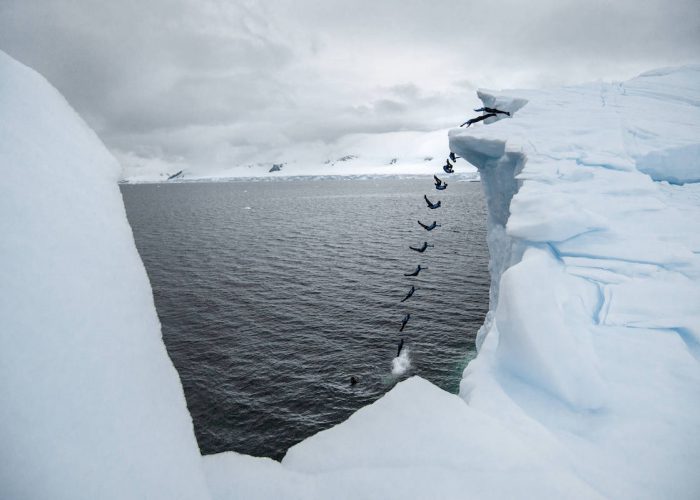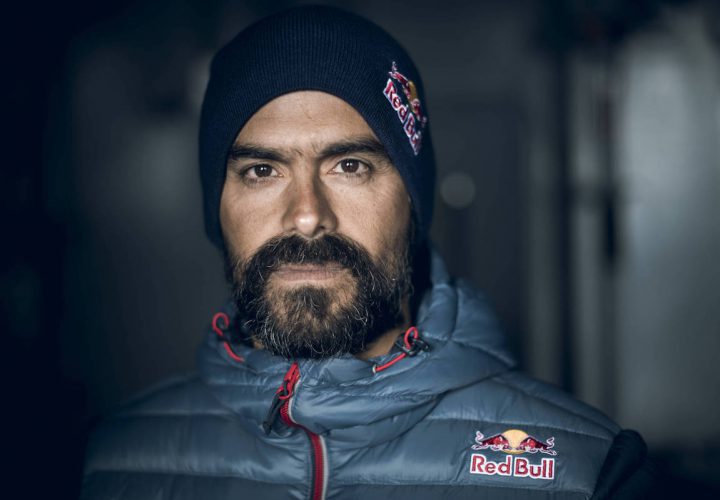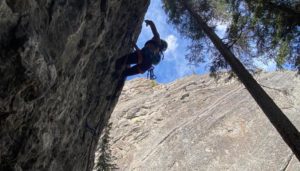Watch Diver Leap from Iceberg in Antarctica


Orlando Duque travelled to Antarctica on a mission to accomplish one of his biggest dreams and raise consciousness about pole’s melting: cliff dive off an Iceberg.
In the subtitles, it says he jumped 20 feet, but he actually jumped 20 metres from the big chuck of sea ice.
Duque is a Colombian high diver who won the first ever gold medal in the sport at the 2013 World Aquatics Championships in Barcelona, Spain. He also won the inaugural Red Bull Cliff Diving World Series in 2009.
He recently journeyed for 31 days to launch himself off a giant iceberg in Antarctica.
It began on Jan. 5, 2018 when Duque, 43, left his home in Cali, Colombia for the beautiful landscape of Antarctica.
He travelled 10,000 km by air, sea and land to board a ship in Punta Arenas, which took him a further four days to reach the most mysterious and icy part of the planet.
The trip was a scientific expedition of the Colombian Navy with more than 100 people on board the ship, the majority of whom were Colombian scientists.
Duque, who holds 13 cliff diving world titles, searched for a large mass of floating ice which had the right characteristics to jump into the icy Antarctic waters.
More than 15 people, including divers, doctors, nurses, cameramen, photographers, and wife Catalina, made their way to the giant iceberg aboard two boats.

Armed with just a crampon, two ice axes and a 7 mm thick neoprene suit, Duque ventured into the below 1°C waters and dived three times off a 20-metre iceberg.
The 43-year-old, who treasures the memories of the humpback whales swimming freely and penguins’ steps in the snow, said, “The landscape was majestic. When I had climbed to the top, I had to hack off a chunk of the ice to make a stable space at the point where I was going to jump.
“My biggest fear at that moment was that a piece of ice would detach itself and that my dreams would end there.”
The poles hold 75 per cent of the water on the planet – the majority of which is in a solid state – which is exactly why it is important to look after these parts of the earth.
Duque, who plans to dive in the Arctic next, said, “People need to be more aware. We have to reduce our oil and plastic consumption to conserve places like Antarctica.”


